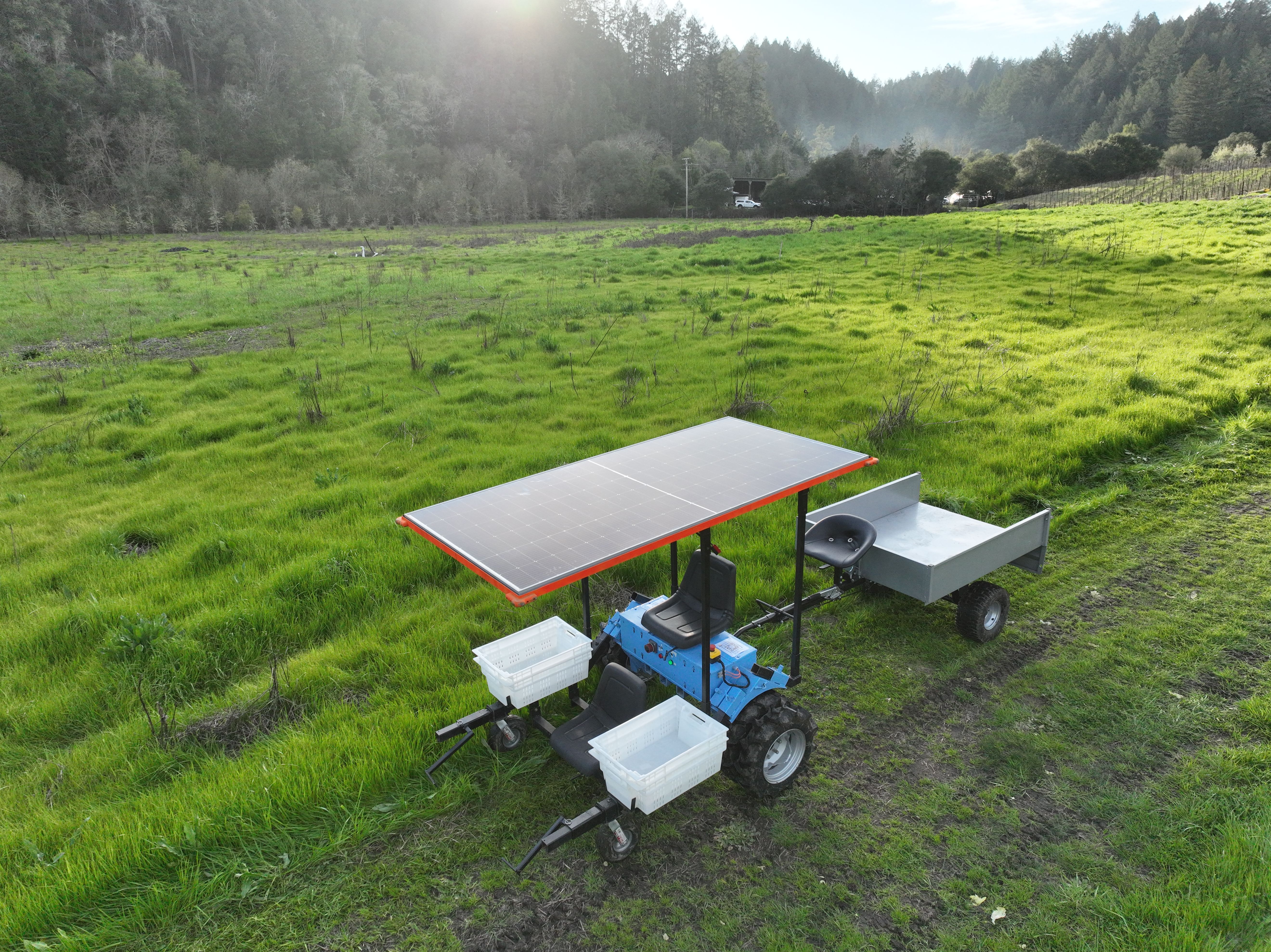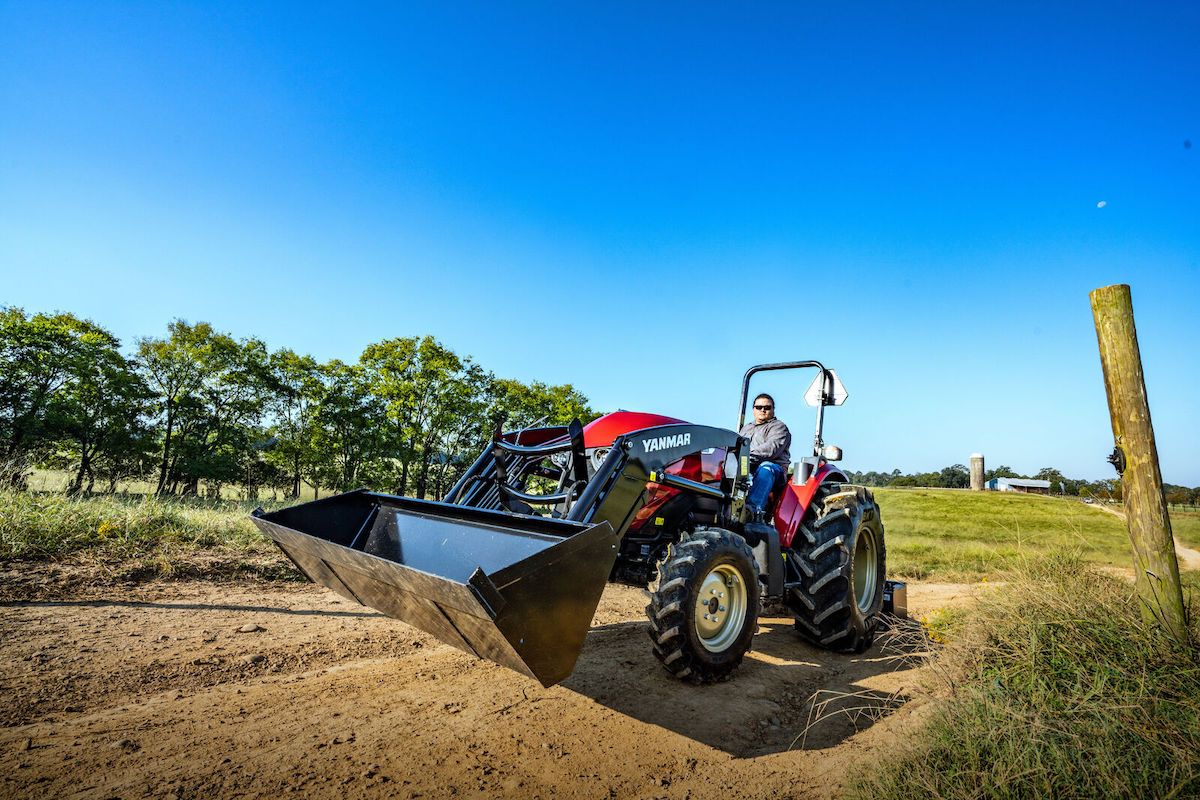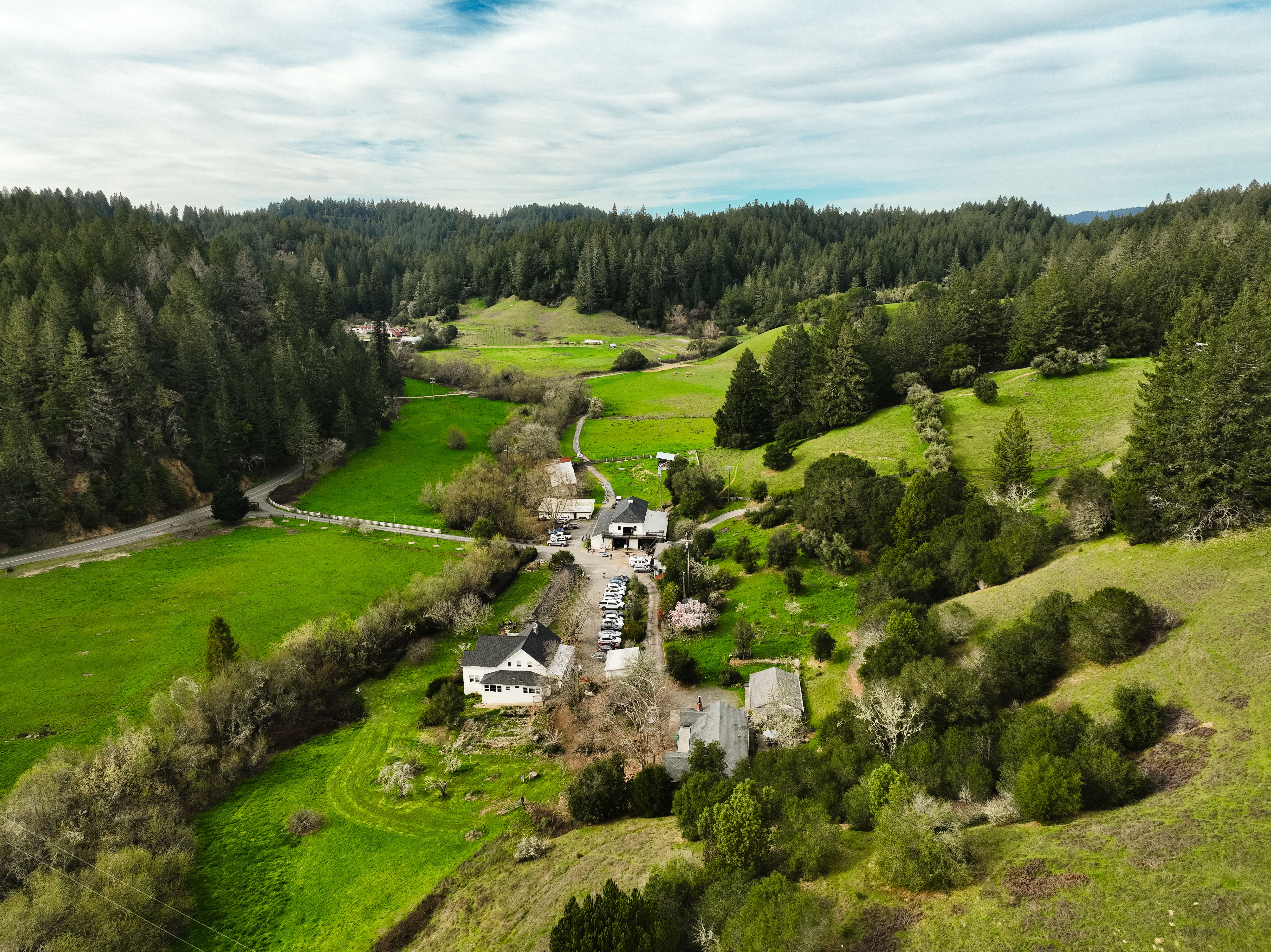The way we grow food is changing, and at the center of that change is sustainable farming technology. Farmers across the world are turning to clean energy solutions like electric tractors, battery-powered machinery, and renewable power systems to reduce costs, protect the planet, and improve efficiency.
Renewables Inc is helping lead this shift by providing eco-friendly farm equipment that fits the needs of modern agriculture. Whether you run a small family farm or a large-scale operation, these innovations are making it easier to grow food in a way that’s good for both people and the environment.
Why Sustainable Farming Matters
For decades, farming has relied heavily on diesel-powered machines. While powerful, these machines release harmful emissions and depend on expensive fossil fuels. As climate change puts more pressure on the food supply, farmers are looking for smarter ways to work ways that keep production high without harming the planet.
This is where renewable energy in farming comes in. By using solar panels, wind turbines, and battery-powered farm machinery, farmers can produce food with far fewer emissions. The result? Healthier soil, cleaner air, and a smaller carbon footprint.
Key Innovations in Green Farming
Here are some of the biggest changes making farming more sustainable today:
- Electric Tractors
- Zero-emission tractors run on electricity instead of diesel.
- They’re quieter, cheaper to run, and better for the environment.
- Perfect for plowing, planting, and harvesting without harmful fumes.
- Battery-Powered Farm Equipment
- Tools like mowers, seeders, and harvesters can now run on rechargeable batteries.
- This reduces fuel costs and helps farmers work more efficiently.
- Renewable Power Sources for Farms
- Solar panels and wind turbines can power machinery, lighting, and irrigation systems.
- Farmers can operate off-grid, lowering their reliance on utility companies.
- Eco-Friendly Irrigation Systems
- Smart irrigation uses less water while keeping crops healthy.
- Paired with renewable energy, it’s a major step toward sustainability.
Real-World Benefits for Farmers
Switching to sustainable farming technology brings clear advantages:
- Lower Operating Costs – Electricity and renewable power are often cheaper than diesel in the long run.
- Energy Independence – Producing your own power protects you from fuel price spikes.
- Cleaner Work Environment – No exhaust fumes mean better air quality for workers and nearby communities.
- Future-Proofing Your Farm – As more regulations target emissions, using clean energy keeps your farm ahead of the curve.
Challenges and Solutions
While green farming offers huge benefits, there are still a few challenges:
- Upfront Costs – Electric tractors and renewable systems can be expensive to buy.
- Charging Infrastructure – Rural areas may need upgrades for charging stations.
- Battery Life – Some equipment still has shorter run times than diesel versions.
Solution: Many farmers are finding ways to combine renewable systems with financial incentives, such as government grants or tax credits. Over time, lower fuel and maintenance costs help recover the initial investment.
Looking Ahead: The Future of Sustainable Farming
In the coming years, we can expect even more advancements:
- AI and Automation to make farming more precise and efficient.
- Better Battery Technology for longer run times and faster charging.
- Hybrid Systems combining solar, wind, and battery storage for constant power.
The goal is simple: farms that produce more food with less environmental impact.
Key Takeaways
- Sustainable farming technology is reshaping agriculture.
- Electric tractors and battery-powered machinery reduce emissions and fuel costs.
- Renewable power sources like solar and wind help farms operate off-grid.
- While there are challenges, financial incentives and long-term savings make the switch worthwhile.
5 FAQs About Sustainable Farming Technology
It’s equipment and methods that help farms work efficiently while reducing environmental impact, like electric tractors and renewable energy systems.
They cut fuel costs, run quietly, and produce no harmful emissions.
Yes. Solar panels, wind turbines, and battery storage can power machinery, lighting, and irrigation.
The upfront cost can be high, but savings on fuel and maintenance often make up for it.
It reduces reliance on fossil fuels while providing consistent, clean power.



